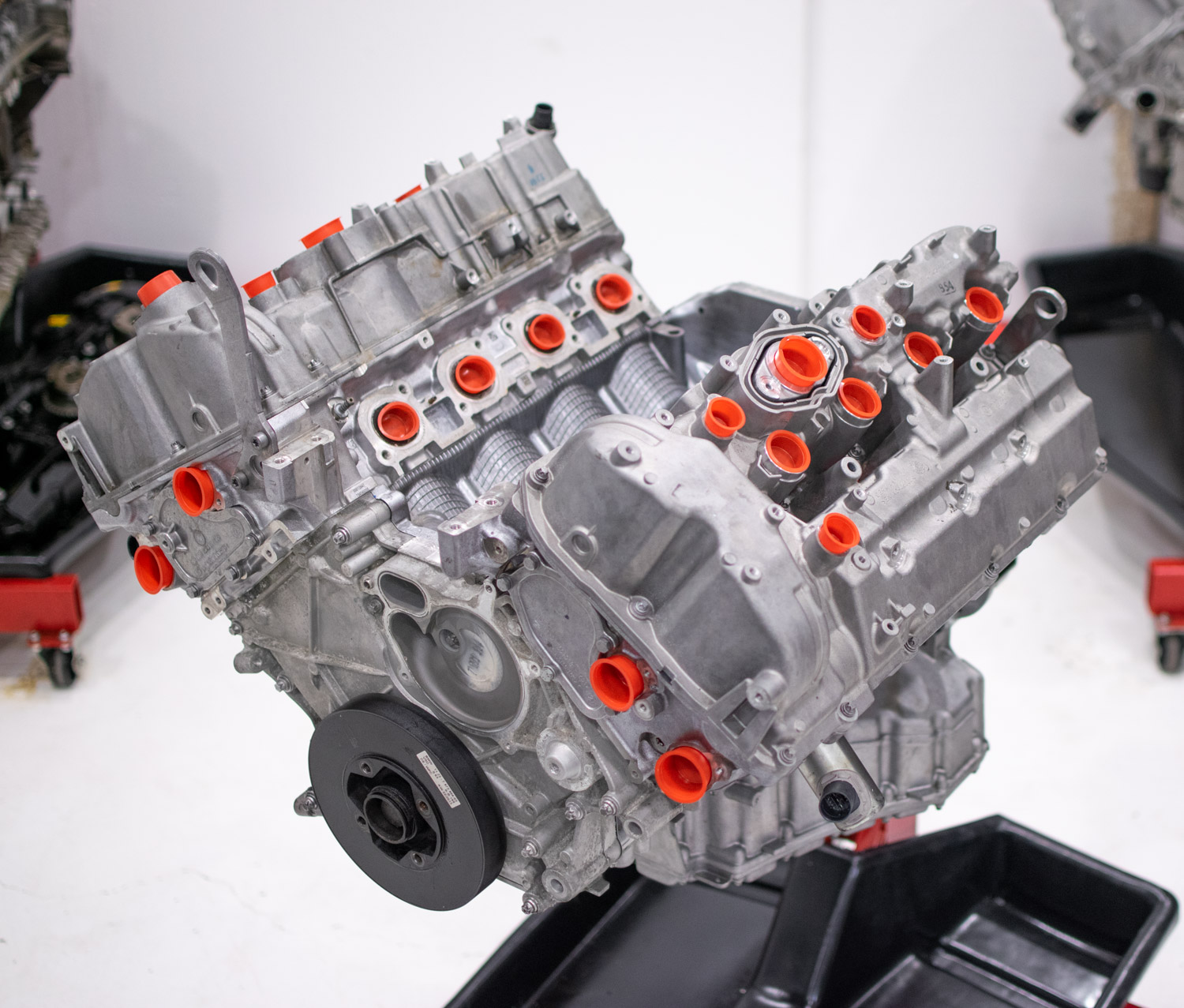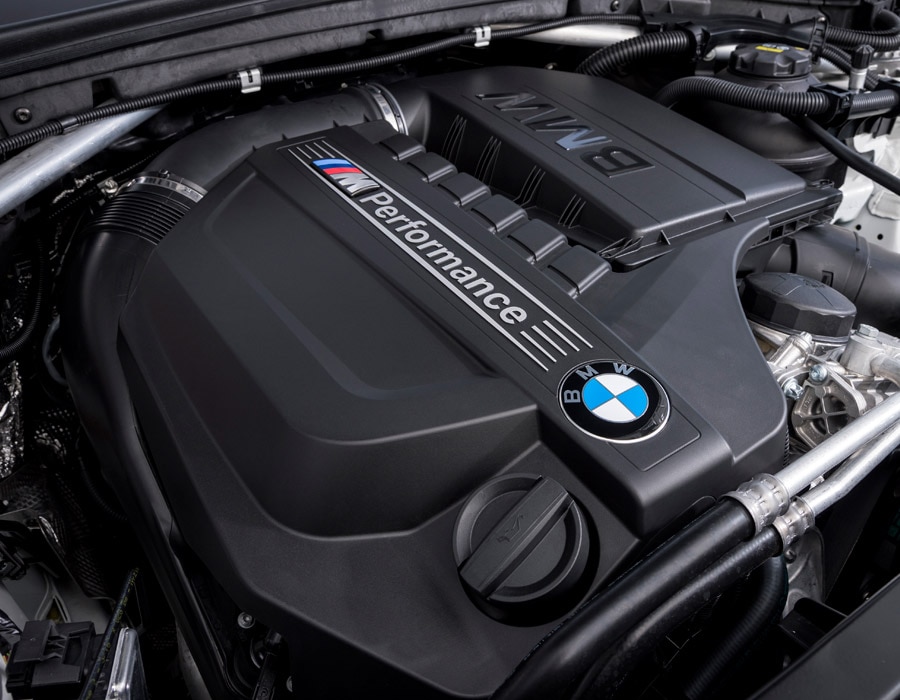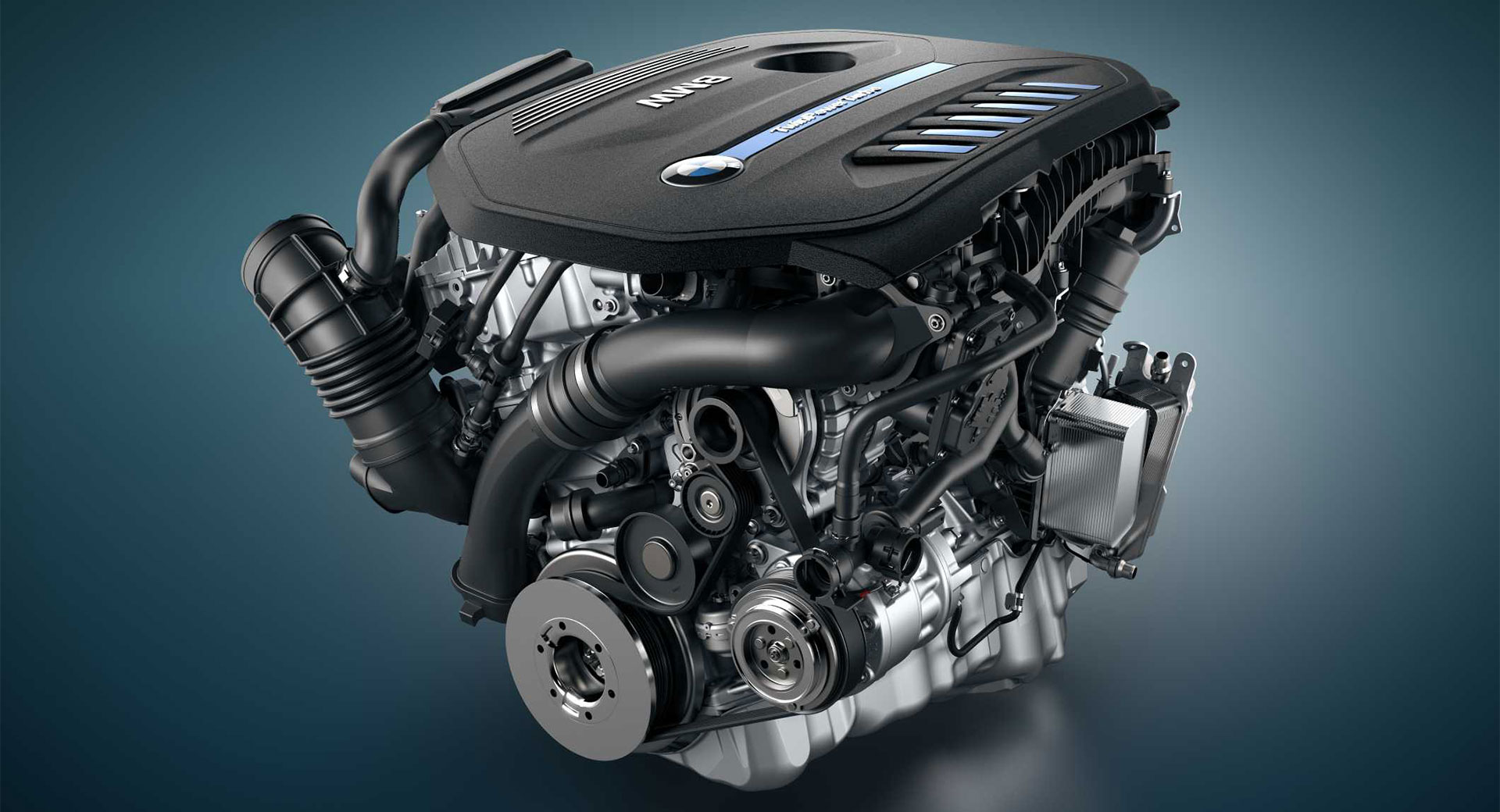Leading 5 BMW Engine Technologies Reinventing the Automotive Market
Leading 5 BMW Engine Technologies Reinventing the Automotive Market
Blog Article
Introducing the Intricacies of Next-Generation Power Units: a Deep Study Advanced Engine Technologies and layouts
As we stand on the precipice of a new age in transportation, the details of next-generation engine styles beckon us to discover the advanced innovations and developments that guarantee to redefine the driving experience. Delving deeper into the worlds of exhaust control, intelligent engine monitoring systems, and the horizon of power unit advancement, we find ourselves on the cusp of an improvement that assures to improve the landscape of mobility as we know it.
Development of Engine Products

The change towards advanced engine materials has additionally allowed designers to develop engines with higher power outcomes while maintaining fuel effectiveness criteria. The usage of light-weight products minimizes the general weight of the engine, leading to boosted gas economic climate and lower discharges. Furthermore, improvements in products innovation have actually permitted much better thermal administration within engines, leading to boosted integrity and long life.
Turbocharging and Supercharging Technologies
Just How do Turbocharging and Supercharging Technologies change engine efficiency and performance in contemporary cars? Turbocharging and supercharging are technologies that considerably enhance engine performance by increasing the quantity of air consumption right into the burning chamber. Turbocharging accomplishes this by using a generator driven by exhaust gases to pressurize the consumption air, while turbo charging makes use of a belt- or chain-driven compressor to achieve the same effect.
These innovations allow smaller sized, much more fuel-efficient engines to produce power equivalent to larger ones, referred to as downsizing. By forcing more air into the cylinders, turbo charging and turbocharging improve combustion performance, leading to increased horse power and torque output without a substantial boost in engine size. This brings about far better acceleration, pulling capacity, and overall driving performance.
Additionally, turbo charging and turbocharging add to boosted fuel performance by permitting the use of smaller sized engines that eat less gas under regular driving conditions - bmw engine. This mix of boosted performance and effectiveness has actually made turbocharging and supercharging integral elements of several modern engine layouts
Emission Control and Environmental Effect
With raising global concerns pertaining to air high quality and ecological sustainability, the implementation of discharge control technologies in automobiles plays a vital role in minimizing harmful contaminants launched into the ambience. Modern cars are equipped with advanced discharge control systems that assist reduce the ecological influence of automotive operations. Catalytic converters, as an example, are designed to convert hazardous gases such as carbon monoxide, nitrogen oxides, and hydrocarbons into much less unsafe substances like carbon dioxide and water vapor.
Additionally, improvements in engine modern technology, such as the integration of exhaust gas recirculation systems and careful catalytic reduction, have actually dramatically added to lowering discharges. These modern technologies operate in tandem to maximize burning efficiency and reduce the launch of harmful contaminants right into the air. In addition, the growth of crossbreed and electrical automobiles stands for a crucial action in the direction of reducing the overall environmental footprint of the transport field.
Intelligent Engine Management Equipment

Moreover, these systems enable lorries to satisfy stringent exhausts requirements without endangering efficiency, offering an extra eco-friendly driving experience. The integration of artificial knowledge and device learning capacities in engine monitoring systems remains to push the borders of what is possible, bring about additional enhancements in efficiency, integrity, and overall lorry get redirected here performance. bmw engine. As automotive innovation advances, smart engine monitoring systems will play a crucial duty fit the future of transport towards a more lasting and efficient instructions
Future Trends in Power Device Development
As intelligent engine management systems lead the means for boosted control and optimization in modern-day lorries, future fads in power device advancement are poised to redefine the landscape of automobile propulsion innovations. These alternative power sources supply boosted performance and performance while aligning with stringent environmental laws.
An additional considerable trend is the combination of sophisticated materials and manufacturing strategies. Light-weight materials such as carbon fiber and aluminum are being made use of to minimize overall car weight, enhancing gas effectiveness and performance. Additionally, advancements in 3D printing and additive production are making it possible for the production of complex engine parts with higher accuracy and durability.
In addition, man-made intelligence and artificial intelligence are playing a critical duty in enhancing power unit efficiency. These innovations enable real-time surveillance and adaptive control, bring about a lot more effective and dependable power delivery. Overall, future patterns in power unit development are tailored towards efficiency, efficiency, and sustainability, driving the automobile sector towards a new period of propulsion innovations.

Final Thought
In final thought, the developments in engine products, turbocharging, emission control, and intelligent administration systems have actually led the way for next-generation power units. These innovations have not just better performance and effectiveness however also lowered environmental influence. As technology remains to evolve, future patterns click site in power device development are likely to concentrate on further improving sustainability and maximizing power output. The complex layouts and developments in modern-day engines showcase the continuous advancement of automobile innovation.
Exploring the dynamic innovations in engine products has actually been crucial in improving the efficiency and performance of modern-day engines. Over the my site years, the evolution of engine materials has played a vital function in pushing the limits of what engines can accomplish.The change towards progressed engine materials has likewise allowed engineers to design engines with higher power outcomes while preserving gas performance standards.The application of smart engine management systems in modern vehicles has reinvented the way engines are managed and enhanced for performance and effectiveness. By accumulating data in real-time and examining it with advanced algorithms, smart engine administration systems can adjust to driving designs, ecological variables, and engine health to take full advantage of power result while reducing fuel usage and exhausts.
Report this page